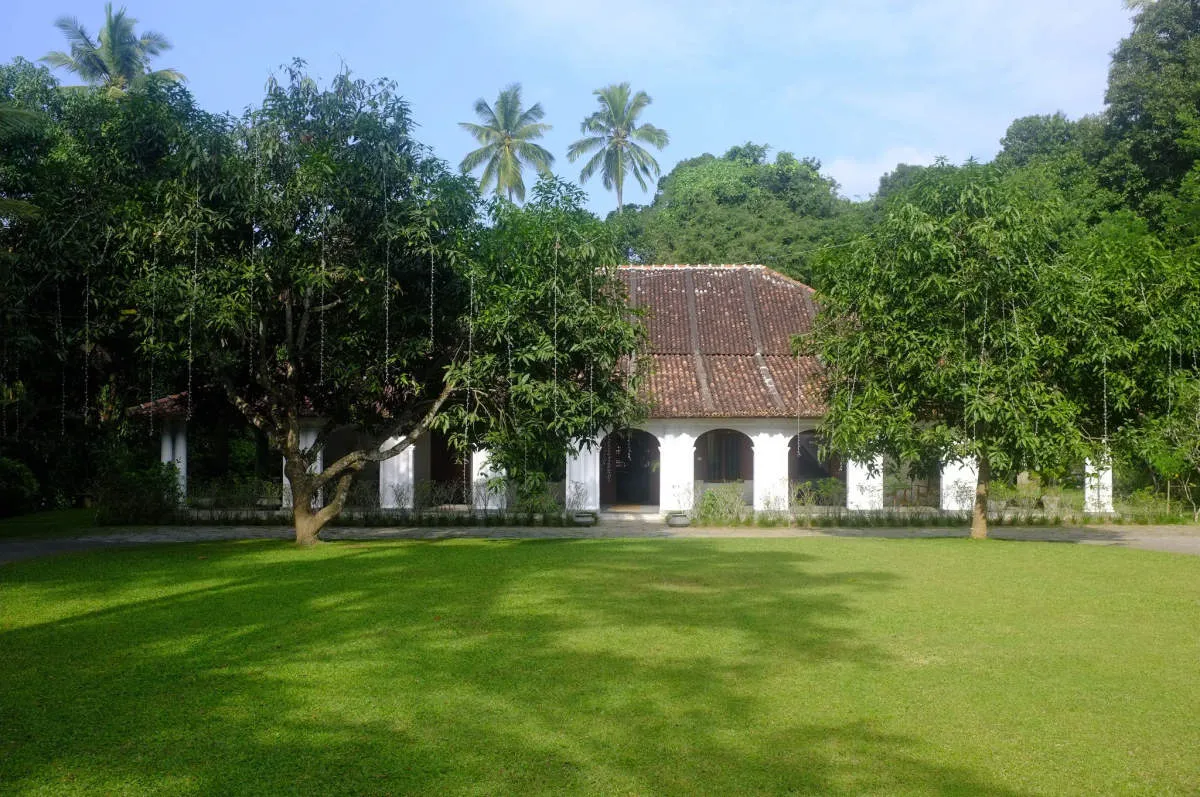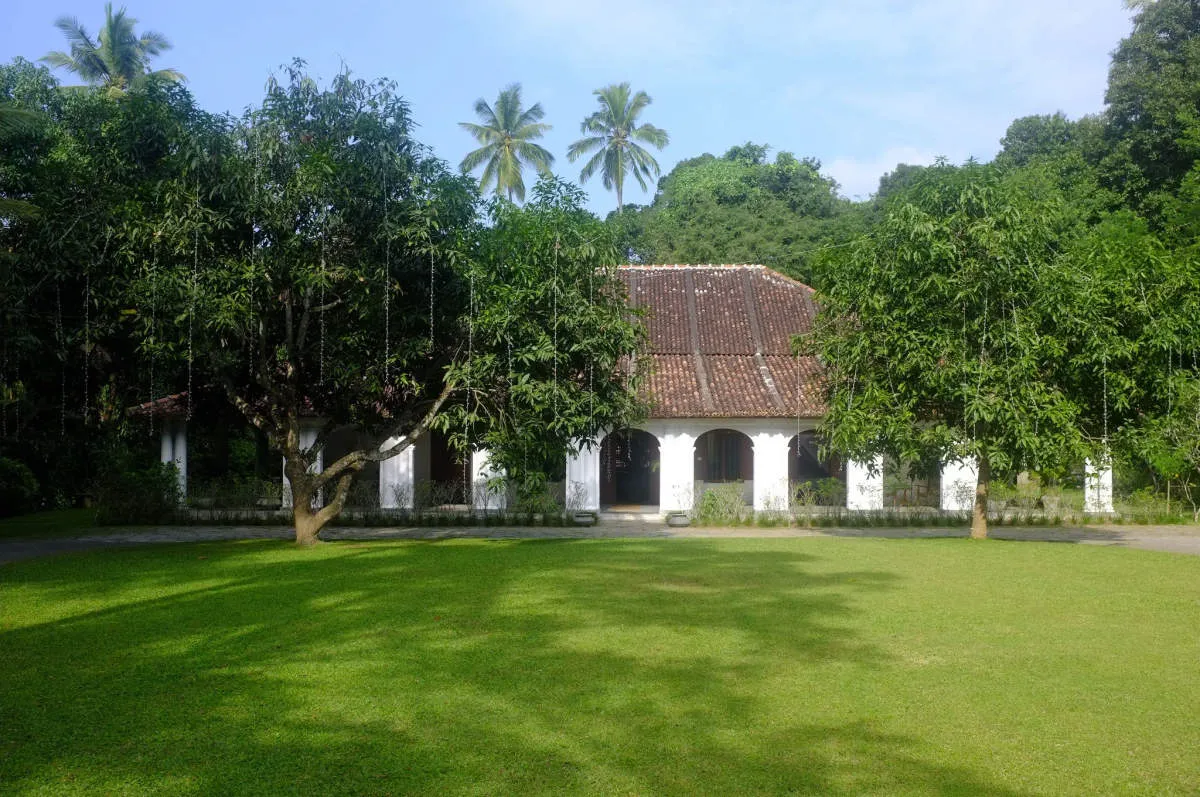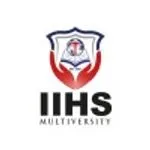
Discover the key strategies and insider tips on how to secure a job in Sri Lanka’s thriving Tourism and Hospitality industry. From resume writing to interview techniques, this article will guide you towards a successful career in this dynamic sector.
The State of Tourism and Hospitality in Sri Lanka
When considering the current state of tourism and hospitality in Sri Lanka, it’s important to acknowledge the significant growth and potential of the industry in recent years. Sri Lanka has emerged as a popular travel destination, known for its stunning landscapes, rich cultural heritage, and warm hospitality.
Despite facing challenges such as the impact of the COVID-19 pandemic and natural disasters, the tourism sector in Sri Lanka has shown resilience and a strong recovery trajectory. The country has been actively promoting sustainable tourism practices and initiatives to attract a diverse range of visitors.
With a focus on developing infrastructure, enhancing visitor experiences, and promoting responsible tourism, Sri Lanka is positioning itself as a global hub for tourism and hospitality. The government has also been investing in training programs and initiatives to upskill the workforce in the industry.
As Sri Lanka continues to welcome tourists from around the world, there are opportunities for individuals seeking employment in the tourism and hospitality sector. From hotel management roles to tour guides and culinary positions, the industry offers a wide range of career paths for both local talents and international job seekers.
By keeping abreast of the latest trends, honing relevant skills, and demonstrating a passion for the country’s unique offerings, individuals can secure rewarding jobs in Sri Lanka’s thriving tourism and hospitality industry.
Identifying Job Opportunities in Hospitality

When looking to secure a job in Sri Lanka’s tourism and hospitality industry, it is essential to first identify the various job opportunities available within the hospitality sector.
1. Hospitality Management Positions: Individuals interested in overseeing the operations of hotels, resorts, or restaurants can explore opportunities in hospitality management. This role involves ensuring smooth functioning of the establishment and providing guests with a pleasant experience.
2. Front-of-House Roles: Jobs such as front desk agents, concierge staff, and guest services personnel are crucial in the hospitality industry. These roles require excellent communication skills and a customer-oriented approach.
3. Food and Beverage Positions: For those passionate about culinary arts and beverage service, roles in food and beverage management, catering, and bartending offer exciting career opportunities within the hospitality sector.
4. Event Management: Event planners and coordinators play a vital role in organizing and executing various events hosted by hotels, resorts, or other hospitality establishments. This dynamic field offers diverse job opportunities for individuals with organizational skills.
5. Housekeeping and Maintenance Roles: Housekeeping staff and maintenance technicians ensure that the premises are clean, well-maintained, and conducive for guests’ comfort. These roles are essential for maintaining high standards in the hospitality industry.
By identifying these job opportunities in hospitality, individuals can tailor their skill sets and experiences to pursue a rewarding career in Sri Lanka’s thriving tourism and hospitality industry.
Required Qualifications and Skills
Securing a job in Sri Lanka’s thriving tourism and hospitality industry requires a combination of specific qualifications and skills. Employers in this sector often look for candidates who possess:
Educational Background:
A degree or diploma in hospitality management, tourism, hotel management, or a related field is typically a fundamental requirement. Many roles may also require additional certifications in areas like food safety and hygiene.
Language Proficiency:
Proficiency in English is crucial due to the industry’s international nature. Knowledge of other languages such as Sinhala, Tamil, or other foreign languages can be an added advantage, especially in customer-facing roles.
Customer Service Skills:
Excellent communication skills, problem-solving abilities, and a customer-centric approach are highly valued. The ability to interact effectively with guests and provide exceptional service is essential in this industry.
Teamwork and Adaptability:
Given the dynamic and fast-paced nature of the tourism and hospitality industry, being a team player, adaptable to changing circumstances, and having a positive attitude are key qualities that employers look for in potential candidates.
Attention to Detail:
Paying attention to detail is crucial in roles that involve guest services, event planning, or facility management. Being meticulous and ensuring high standards of quality can set you apart as a valuable asset to employers.
Technical Skills:
Depending on the specific role, proficiency in relevant technology, reservation systems, and software used in the industry can be advantageous. Training in these technical skills can enhance your employability.
Applying for Jobs in Sri Lanka

When it comes to securing a job in Sri Lanka’s thriving tourism and hospitality industry, there are specific steps you can take to enhance your chances of success. Understanding the local job market and tailoring your applications to meet the industry’s requirements are crucial factors in the job search process.
1. Research Job Opportunities
Start by researching the job opportunities available in Sri Lanka’s tourism and hospitality sector. Explore job portals, company websites, and industry-specific job fairs to identify potential openings that align with your skills and qualifications.
2. Update Your Resume
Ensure your resume is up-to-date and highlights relevant experience and qualifications that are sought after in the industry. Tailor your resume to showcase your skills in customer service, language proficiency, and any industry-specific certifications you may hold.
3. Network with Industry Professionals
Networking is key when it comes to finding job opportunities in Sri Lanka. Attend industry events, connect with professionals on platforms like LinkedIn, and consider reaching out to individuals working in the tourism and hospitality sector for advice and insights.
4. Prepare for Interviews
Before applying for jobs, make sure you are prepared for potential interviews. Research common interview questions in the industry, practice your responses, and demonstrate your passion for working in the tourism and hospitality field.
5. Apply Proactively
After identifying suitable job openings, ensure you apply proactively and follow the application instructions carefully. Submit a well-crafted cover letter that highlights your motivation, skills, and interest in contributing to the growth of the industry in Sri Lanka.
By following these strategies and focusing on showcasing your relevant skills and experiences, you can increase your chances of securing a job in Sri Lanka’s vibrant tourism and hospitality industry.
Succeeding in Hospitality Job Interviews
Securing a job in Sri Lanka’s tourism and hospitality industry can be a competitive feat, but excelling in hospitality job interviews can greatly increase your chances of success. Here are some key strategies to help you ace your hospitality job interviews:
1. Research the Company and Industry
Before your interview, ensure you have a solid understanding of the company’s background, values, and recent achievements. Familiarize yourself with the latest trends in the hospitality industry in Sri Lanka to showcase your knowledge and interest during the interview.
2. Highlight Your Hospitality Skills and Experience
Emphasize your relevant skills and experiences in the hospitality sector. Be prepared to provide specific examples of how you have excelled in previous hospitality roles, demonstrating your ability to handle challenges and deliver exceptional customer service.
3. Showcase Your Positive Attitude and Adaptability
Display a positive and enthusiastic attitude during the interview, showcasing your willingness to learn and adapt in a dynamic hospitality environment. Employers in the hospitality industry value candidates who are flexible, resilient, and customer-oriented.
4. Practice Common Interview Questions
Prepare for common hospitality interview questions such as how you handle difficult customers, your approach to resolving conflicts, and your strategies for managing a busy work schedule. Practice your responses to these questions to ensure you can articulate your thoughts clearly and confidently.
5. Dress Professionally and Demonstrate Punctuality
First impressions matter in hospitality job interviews. Dress in professional attire that aligns with the industry standards and make sure to arrive early for your interview to demonstrate your punctuality and reliability.
6. Ask Thoughtful Questions and Express Your Interest
Show your genuine interest in the role and the company by asking thoughtful questions about the work environment, career development opportunities, and the organization’s values. Express your enthusiasm for the position and explain how your skills align with the company’s goals and vision.
Adapting to Sri Lankan Workplace Culture

When aiming to secure a job in Sri Lanka’s vibrant Tourism and Hospitality industry, one key aspect that candidates must focus on is adapting to the local workplace culture. Understanding and integrating into the nuances of Sri Lankan work environment can greatly enhance your chances of success in this field.
Respect for Hierarchy: Sri Lankan workplaces often value hierarchy and authority. It is important to show respect to senior colleagues and follow the established chain of command. Displaying humility and deference to those in higher positions can earn you respect and credibility.
Embrace Teamwork: Collaboration and teamwork are highly valued in the Sri Lankan workplace culture. Being a team player, willing to assist colleagues, and fostering strong interpersonal relationships can contribute positively to your professional image.
Work-Life Balance: While dedication to work is appreciated, maintaining a healthy work-life balance is also important in Sri Lanka. Understanding the cultural emphasis on family and personal time can help you strike a harmonious equilibrium between work commitments and personal life.
Adaptability and Flexibility: Sri Lanka’s Tourism and Hospitality industry is dynamic and fast-paced. Being adaptable to changing circumstances, flexible in approach, and open to new challenges is key to thriving in this industry.
Embrace Cultural Etiquette: Demonstrating an understanding of Sri Lankan cultural norms and etiquette, such as greetings, gestures, and social customs, showcases respect for the local culture and can enhance your professional relationships.
By actively adapting to the unique workplace culture of Sri Lanka, job seekers can not only secure employment opportunities but also build a successful career in the enriching Tourism and Hospitality industry of the country.
Conclusion
In conclusion, securing a job in Sri Lanka’s Tourism and Hospitality Industry requires a combination of skills, knowledge, and passion. Networking, gaining relevant experience, and continuous learning are key steps towards a successful career in this dynamic sector.















